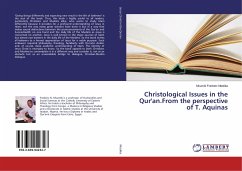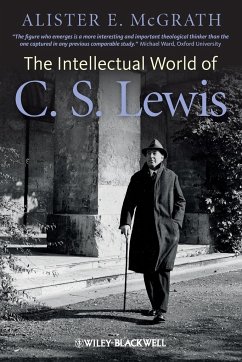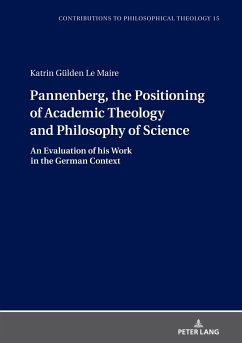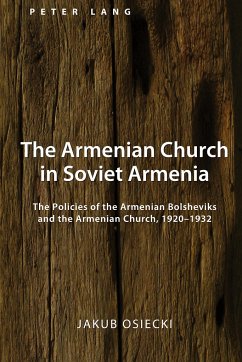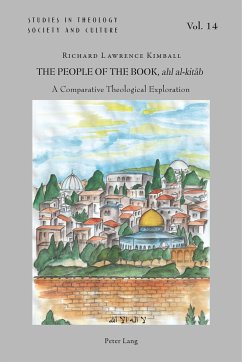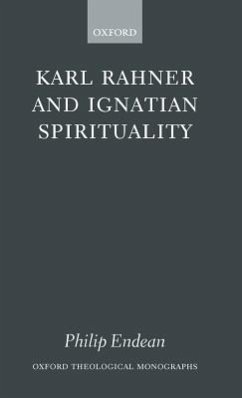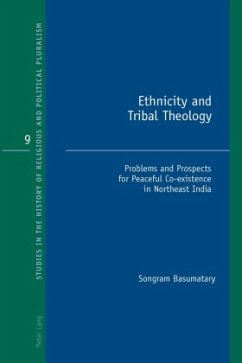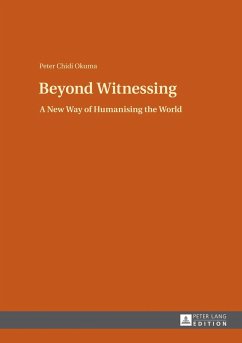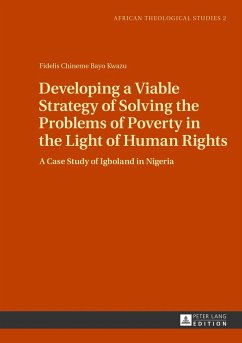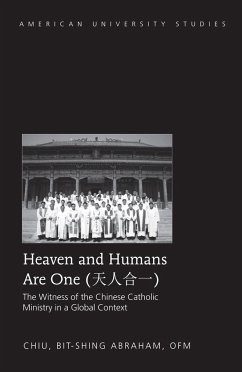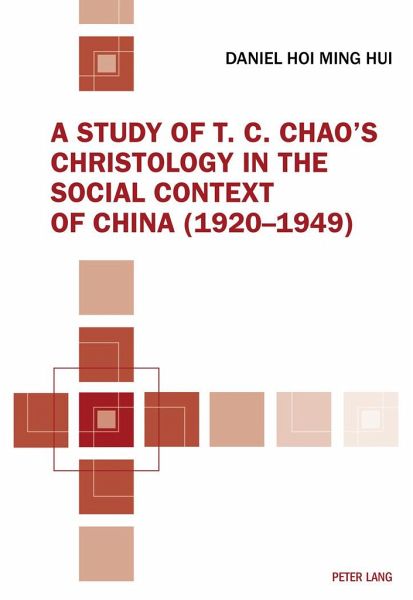
A Study of T. C. Chao's Christology in the Social Context of China (1920-1949)
Versandkostenfrei!
Versandfertig in 6-10 Tagen
113,45 €
inkl. MwSt.

PAYBACK Punkte
0 °P sammeln!
The aim of this book is to show that during the early half of the twentieth century, Chinese society was disillusioned by both internal dissension and external invasion, and the churches experienced many challenges. In response to the traumatic events of 1920-1949, the Chinese theologian Prof. T. C. Chao tried to construct a 'new religion' for China, believing that an indigenous Christianity would offer a solution to the national crisis. Chao searched for a new interpretation of Jesus Christ to make him relevant to China's context and social thought, and tried to develop Christology based on t...
The aim of this book is to show that during the early half of the twentieth century, Chinese society was disillusioned by both internal dissension and external invasion, and the churches experienced many challenges. In response to the traumatic events of 1920-1949, the Chinese theologian Prof. T. C. Chao tried to construct a 'new religion' for China, believing that an indigenous Christianity would offer a solution to the national crisis. Chao searched for a new interpretation of Jesus Christ to make him relevant to China's context and social thought, and tried to develop Christology based on the encounter of Western Christianity, Chinese culture and social change. A personality-focused interpretation of Jesus Christ was developed, and an image of Confucian Jesus was found in his thought. Chao tried to explore his contextual Christology with the purpose of being faithful to Christian faith, and being relevant to Chinese classical culture and the contemporary context in order to enable intellectual Christians to contribute to the national reconstruction of Country.





